Noah's Flood Was Not World Wide – a Critical Review of a sermon by Bertrand Comparet
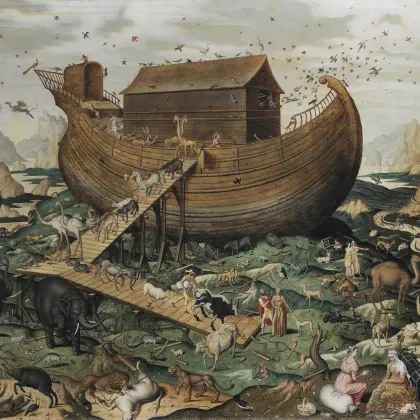
Noah's Flood Was Not World Wide
We are in Bristol, Tennessee this week, and while I was pondering what to present for this evening, and considering the circumstances which made our travel necessary in the first place, I could think of nothing more appropriate than a critical review of Bertrand Comparet's sermon, Noah's Flood Was Not World Wide .
Before preparing for this presentation, it had probably been at least 22 years since I read this sermon. When I did, I was quite disappointed in many ways which shall become evident as I proceed. While we love Bertrand Comparet, and while he was certainly a notable pioneer trailblazing our path to Christian Identity truth, he nevertheless maintained some critical errors, and they are evident in the conflicts which we shall find here in his own words. So I pray that a critique of this sermon also illustrates the need that we continually examine ourselves, because when something is true, it should be able to withstand all challenges.
As nearly all of our copies of Bertrand Comparet's sermons, this one was taken from Jeanne Snyder's transcriptions which were published under the title Your Heritage, and digitized and prepared for electronic publication by Clifton Emahiser, who had also added some of his own notes. Here in this particular sermon Clifton added only one brief note, which I will insert at the appropriate point. Of course, since this is a critical review, I will also add much of my own commentary.


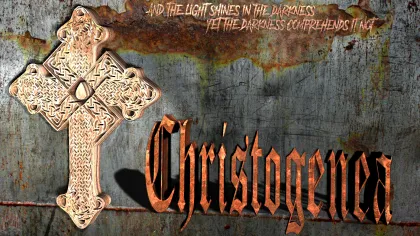



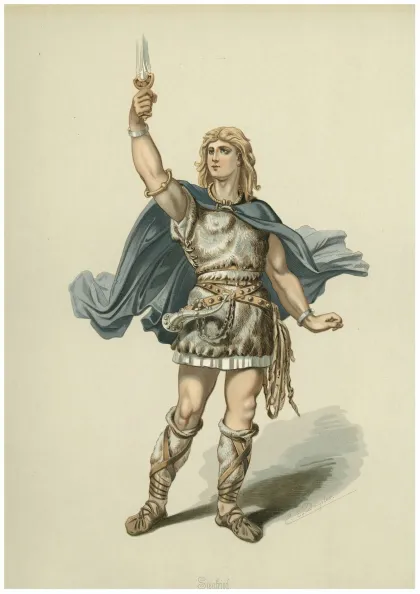
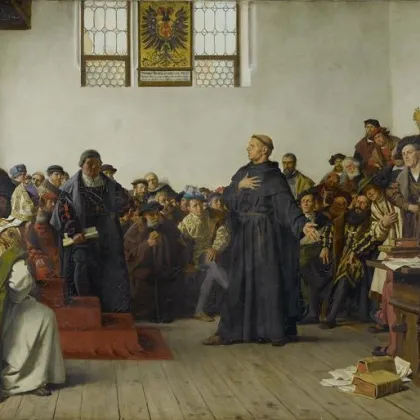
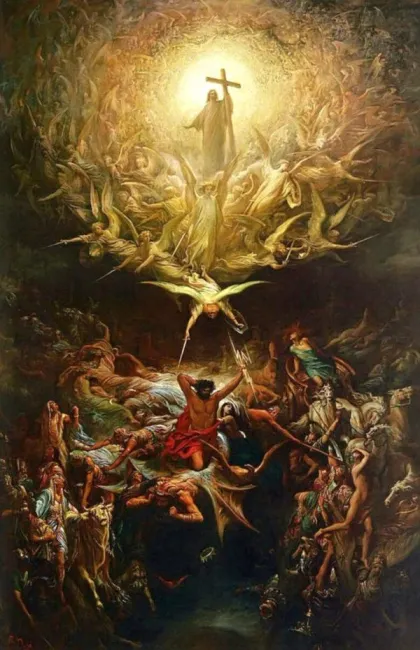
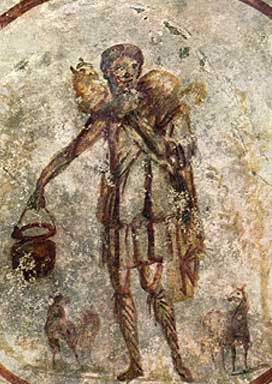




 Please click here for our mailing list sign-up page.
Please click here for our mailing list sign-up page.








Recent comments